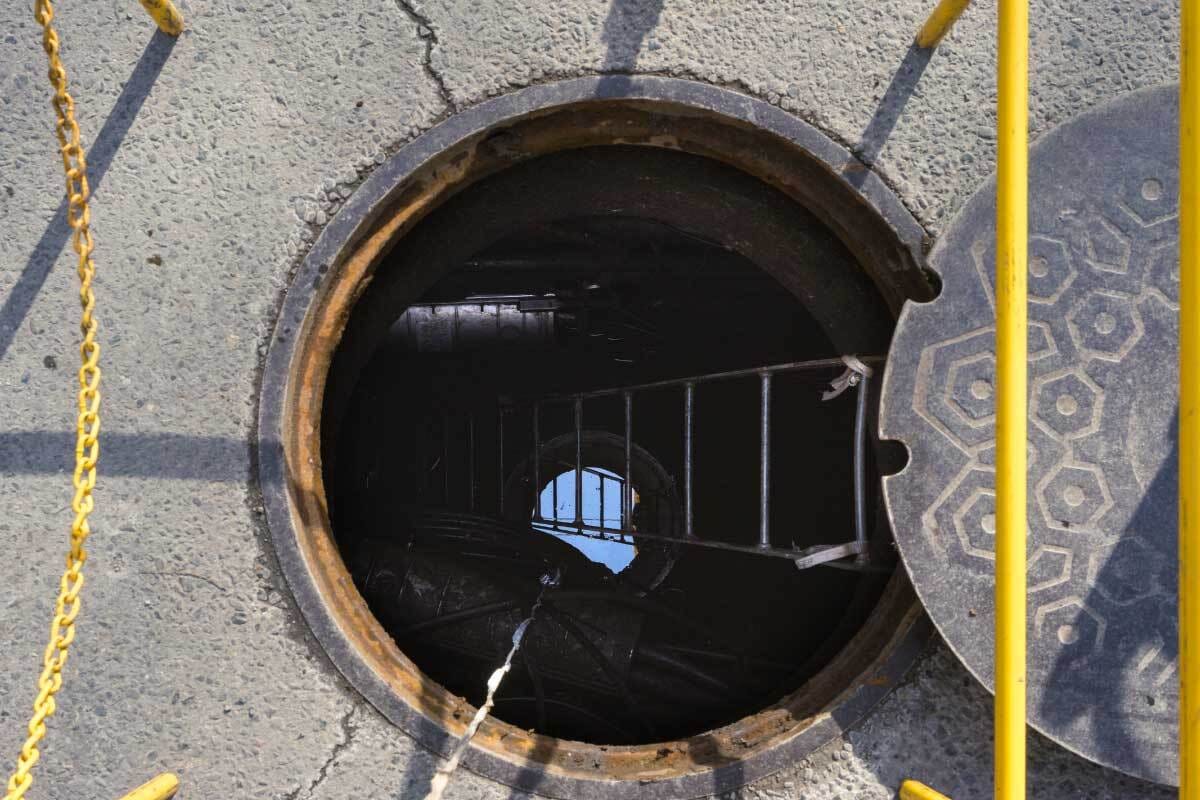PRESENTED BY R-ZERO
Propmodo Daily
By Franco Faraudo · July 30, 2024
Greetings!
Foreclosures might not be the best indicator of the bottom in the commercial real estate market, as other metrics may provide better insights. Also, some building owners are considering drastic alternatives to traditional property insurance amid record-setting rate increases. This week, don’t miss our Propmodo Technology focus on Facilities Management, supported by our friends at R-Zero. And, be sure to join us today at 1:00 PM ET for a Propmodo Live webinar where we will explore the latest office occupancy trends.
Now let’s dig in!
Foreclosures Might Not Be the Best Metric for Spotting the Bottom
We are starting to hear fewer predictions of an impending doomsday in commercial real estate. Now, these have been replaced with questions about whether or not we have reached the bottom. An article in the Wall Street Journal suggests that the recent surge in commercial foreclosures could be a sign that the bottom is near.
Foreclosures are an important data point; they can indicate how many borrowers are unable to refinance their properties. But, a rise in foreclosures might tell us more about lenders than it does about borrowers. So far, both lenders and borrowers have been keen to find ways to keep buildings out of foreclosure. This has included extending current loans, finding new terms that both parties can agree on, or bringing in new lending or equity partners. But now, lenders are choosing to let their loans go into foreclosure. Many of these lenders are regional banks looking to clean up their books as investors worry about their financial health.
A better way to track the valuation of the underlying real estate of these commercial real estate loans is by monitoring the commercial mortgage payoff rate. This rate dropped to a historically low 35 percent in Q1 of this year. Now, that rate is expected to increase to a healthy 50-55 percent for the rest of the year. Another useful metric is the delinquency rate, which has also been on the downswing in the last quarter.
We may well be approaching the bottom, but a better way to spot the upcoming turnaround is not by watching whether banks want to keep delinquent loans on their books. Instead, it is by observing how many borrowers are still willing to make payments on their devalued buildings. The willingness of borrowers to continue making payments, despite the decreased value of their properties, could be a more telling sign of an impending recovery in the commercial real estate market. As these trends develop, they will provide more clarity on the state of the market and the potential for a turnaround.
Insider Insights
Submissions ending
Concept papers are due August 22nd for the DOE’s $33 million prize to fund smart manufacturing technologies that can boost the clean energy transition.
Loss and acceptance
European banks are starting to be required to set aside reserves for future losses due to climate change.
Spotlight
Rising costs are challenging the commercial real estate market, driven by higher borrowing expenses and skyrocketing property insurance rates due to extreme weather. With traditional insurance becoming increasingly unaffordable, some property owners are exploring alternative strategies, including self-insurance, despite its risks.
PRESENTED BY R-ZERO
Preparing Today’s Buildings to Meet Tomorrow’s Challenges
Discover R-Zero's Building Intelligence Index and explore how to optimize your building operations for people, energy efficiency, and sustainability. Gain insights on how to measure and enhance the performance of your space across four essential pillars: occupancy, indoor air quality, energy consumption, and indoor health. Join us in shaping smarter, more efficient buildings for a sustainable future.
Propmodo Technology
Focusing on the key pillars of building intelligence—occupancy, indoor air quality, and energy use—helps building owners create high-performance environments. These strategies attract and retain tenants, reduce operating costs, and meet sustainability goals. Enhancing these areas boosts property value and contributes to the well-being and productivity of occupants.
Check out this week’s Propmodo Technology focus on Facilities Management with the support of our friends at R-Zero.
What to Watch
Last chance: Join us today at 1:00 PM ET for a Propmodo Live webinar where we will explore the latest office occupancy trends reshaping workplace performance and utilization. We'll delve into shifting demand patterns, highlight success stories from various sectors, and discuss the effects of hybrid work models on occupancy and operational strategies.
Headlines
July 29, 2024 | Seattle Times
Seattle Area Leads the World in Big New Tech Office Leases
July 29, 2024 | Archinect
The GSA’s Emerging Building Technologies Chief Talks About the Advent of Its Green Proving Ground Program
July 29, 2024 | Security Info Watch
WiMi Announced Blockchain-Based Framework for Secure Data Sharing in Smart Cities
Overheard
Are You Enjoying This Newsletter?
Propmodo Daily is written and edited by Franco Faraudo with contributions from readers like you and the Propmodo team.
📧 Forward it to a friend and suggest they check it out.
🔗 Share a link to this post on social media.
🗣 Have ideas for future topics (or just want to say hello)? Share your feedback and tips at [email protected] or connect with us on X through @propmodo.
✅ Not subscribed yet? Sign up for this newsletter here.
📫 Please add our newsletter email, [email protected], to your contacts to make sure you don’t miss any updates.
Explore Propmodo
Read exclusive articles about a variety of topics, including Real Estate, Workplace, Buildings, and Development.
Browse our collection of interactive Propmodo Research e-books.
Sign up for upcoming Propmodo Live Webinars or watch past Propmodo Live videos on-demand.
Dive into Propmodo Technology articles, podcasts, and short videos about the future of commercial real estate.
Enjoy reading about trends and innovation in commercial real estate? Subscribe to Propmodo.com for unrestricted access to reliable, data-driven journalism and exclusive insights available only to subscribers.










